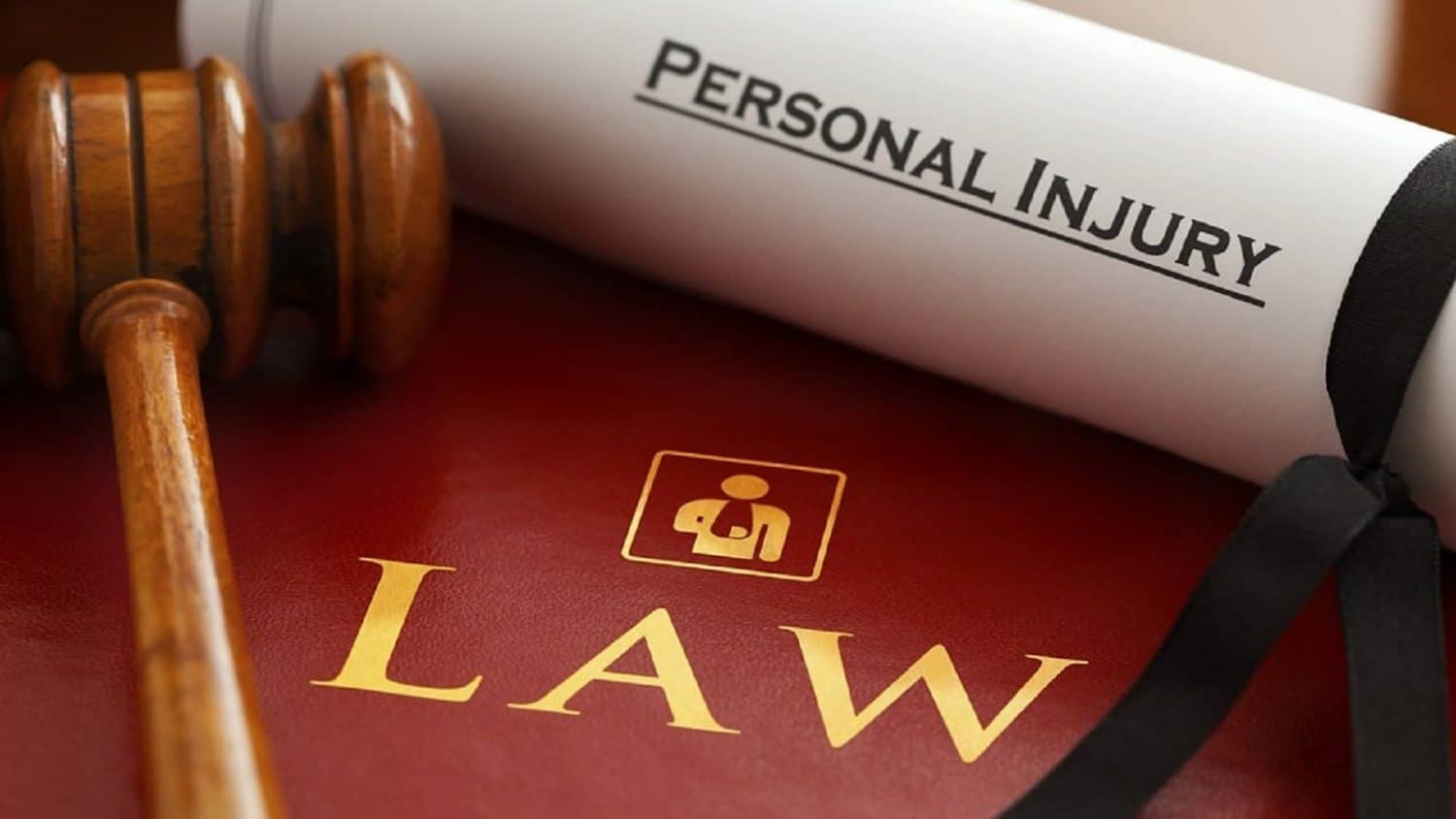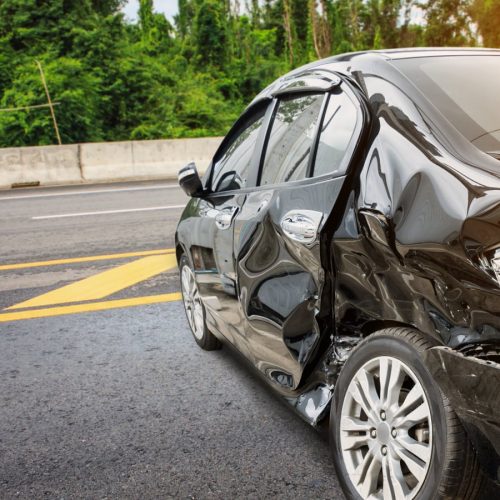
A personal injury claim is one of the hardest claims to deal with. Going through the motions of a legal battle is the last thing you want to do when you’re trying to recover. The burden of medical bills and lost wages can pile up quickly, however, so you may not have a choice. Fortunately, the process is much easier with the help of an experienced personal injury lawyer.
If you want to make the most out of your case, you need to be familiar with the most common types of personal injury claims. Quite a few different scenarios can lead to a personal injury in which someone else is responsible due to negligent behavior. Knowing whether or not your situation qualifies for a personal injury claim is the first step into getting the damages you’re owed. Learn more about the common types of personal injury claims, and discover how a personal injury lawyer can help.
Car Accidents
The most common kind of personal injury case involves car accidents. This covers a wide variety of accidents from cars to trucks, buses, motorcycles and even bicycles. The primary purpose of a car accident claim is to collect damages from the liable party. It’s not always easy to determine liability, however, so you’re going to want a personal injury lawyer on your side.
In order to win a car accident case, you’ll need to accomplish a few things. First, you have to show that the defendant was acting negligently by disobeying the rules of the road or not observing a reasonable expectation of carefulness. Then, you’ll have to draw the causal link between their negligence, the accident and your injuries or losses. Negligence itself can take on quite a few forms. They could have been driving recklessly, they could have been distracted by a phone or another electronic device or they could have been acting aggressively towards you, among other things.
It’s important to remember that some states are considered no-fault states in which damages are simply collected from your own insurance company unless serious injury occurs. Maine, however, is a fault state, meaning you can collect damages from the other driver and their insurer if you can demonstrate liability and carelessness on their part.
Slip and Fall
Slip and fall claims are the result of incidents in which you fall down and sustain injuries in a place that shouldn’t have had dangerous conditions. Having dangerous conditions is an important distinction to make, as you can’t file a slip and fall claim if you tripped over your own shoelaces. Like car accidents and any other kind of personal injury though, you’ll have to prove that there was a negligent party involved who created the dangerous conditions.
There is no one solution for determining whether or not something qualifies as a slip and fall case. In general, the cause needs to be the result of someone’s negligence. If you slip in a grocery store on a puddle, for example, the grocery store may be held liable, since they’re reasonably expected to clean up slippery messes or at least place caution signs.
The most common kind of slip and fall case is one in which the property owner should have known about the dangerous condition, but it’s also the most difficult one to argue. Defining what dangers any property owner should have reasonably known about through the course of regular occupance is primarily determined by common sense. While reasonable, the lack of specific guidelines can give rise to creative defenses that could cut you off from the compensation you’re owed.
Dog Bites
A dog bite claim is exactly what it sounds like. These personal injuries occur when someone’s dog bites you. Liability for dog bites like this usually fall upon their owner, but different states have different rules. For Maine, dog bite cases work under strict liability, meaning you don’t even have to establish fault on the part of the owner for the dog bite. It’s simply assumed. Maine does have a unique exception to this, however, as it doesn’t apply if you’re on the owner’s property.
If you’re on the dog owner’s property when you were bit, you do have to show that the owner was actively negligent in preventing the bite. This rule raises two common defenses that may be used against you. The first is provocation. If it can be successfully argued that you provoked the dog, you won’t have much of a case. Dog owners may also argue that you were trespassing on their property. This typically leads to a comparative negligence argument in favor of the dog owner.
Maine Personal Injury Lawyer
No matter what kind of personal injury you’ve suffered, you’ll need the help of an experienced personal injury lawyer with your case. Demonstrating liability in court is extremely difficult on your own, so you need an expert in your corner fighting for the compensation you deserve. At Lowry Law, we can offer you just that, thanks to our years of experience and history of successful cases. We offer free consultations and you’ll never owe us anything unless we win your case. You can reach us at 207-775-3819 or fill out our free case review form.






